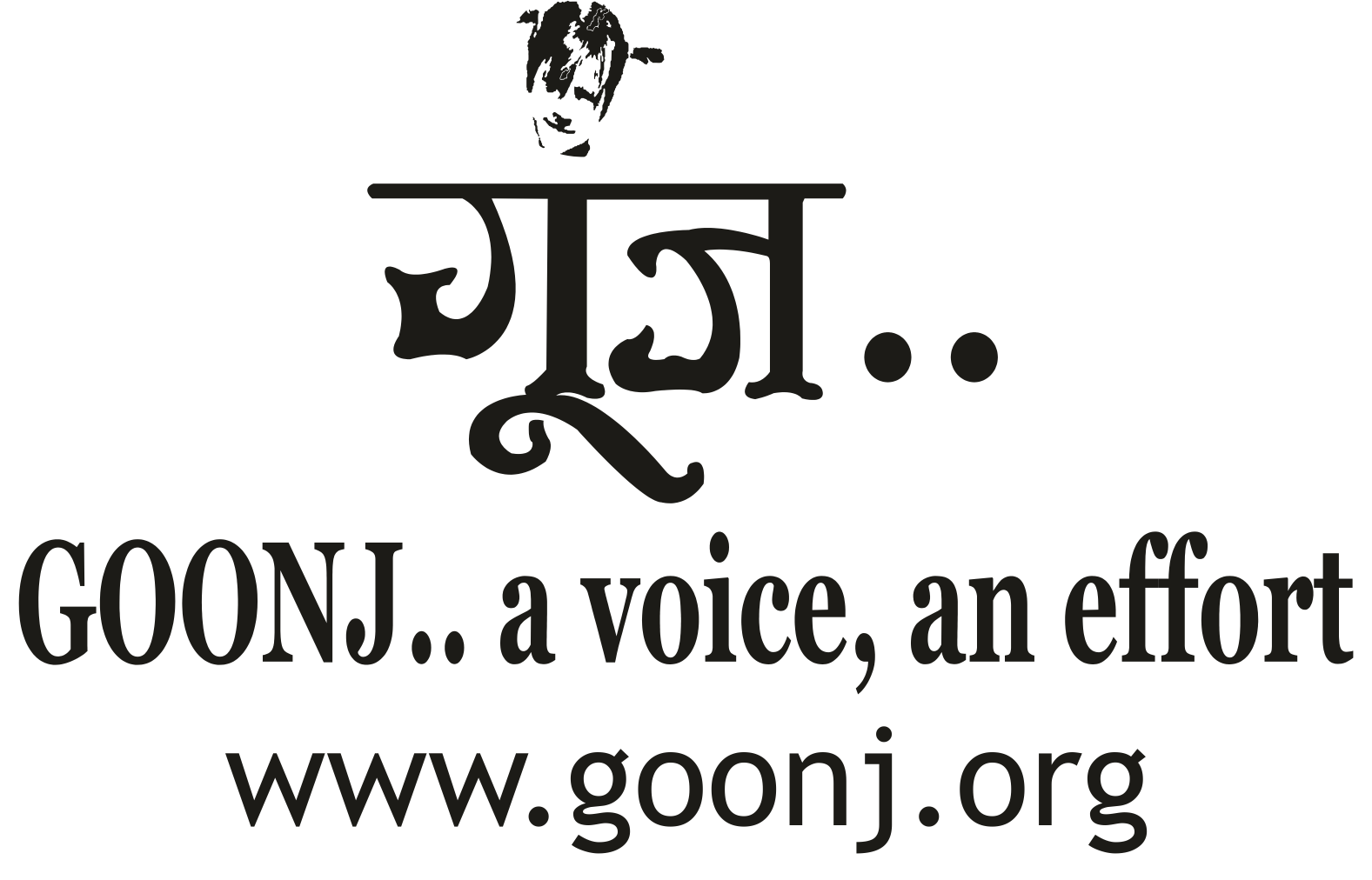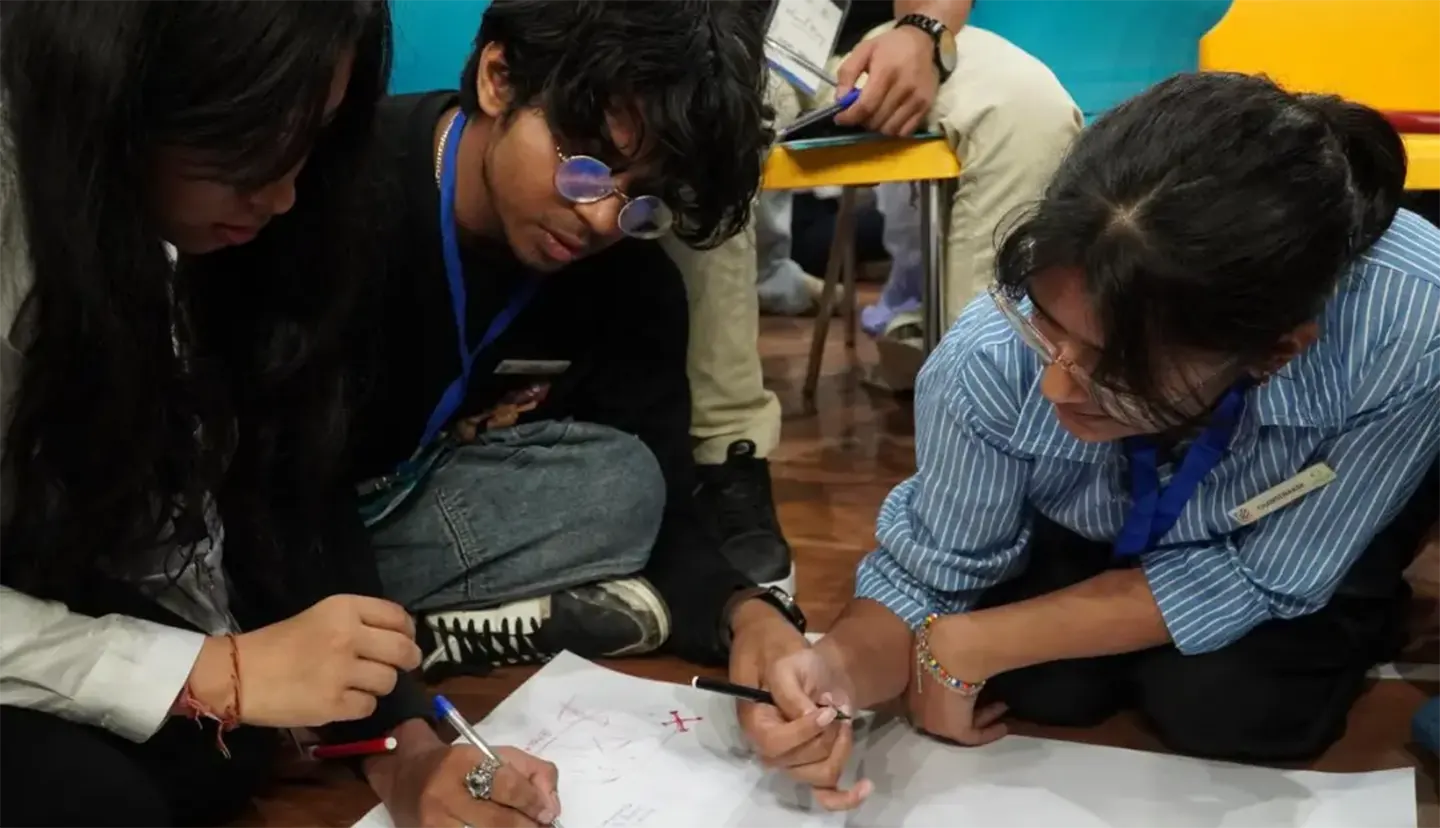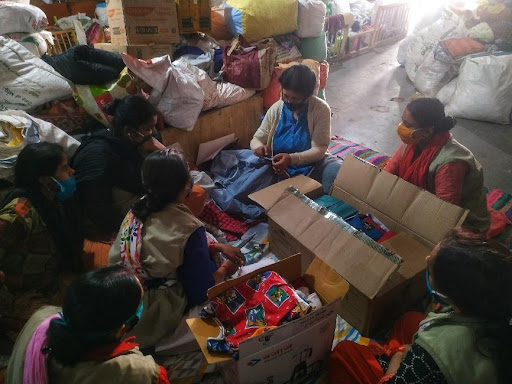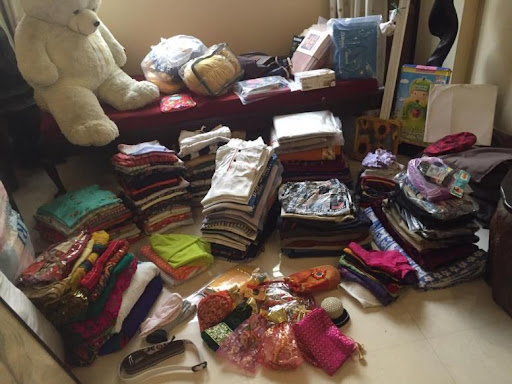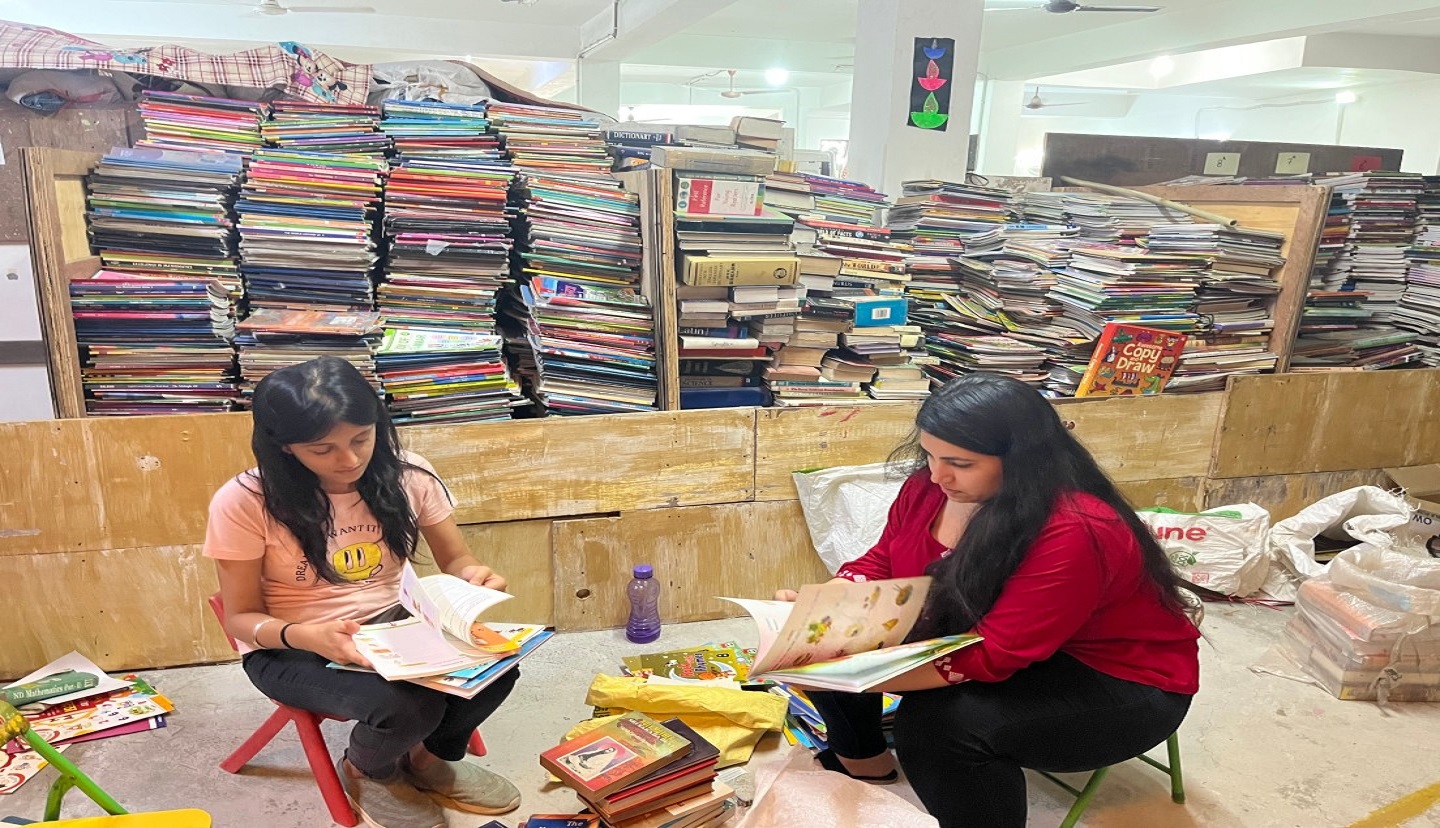The Marathwada region of Maharashtra, especially Beed district, has long faced the harsh realities of water scarcity, low-yield farming, and forced migration. For years, many residents had no choice but to leave their homes and work as sugarcane cutters in distant plantations, enduring harsh conditions for meagre wages.
To break this cycle of distress migration, Goonj, in partnership with local organisations, initiated a sustainable community farming model under its Vaapsi (Livelihood) initiative.
How Goonj’s Community Farming Model is Transforming Lives
Through this initiative, Goonj empowered 160 farmers by:
- Providing seeds and essential farming materials
- enabling them to procure 15 acres of land on lease
- Contributing towards the first year’s rent
- Enabling access to government schemes for irrigation solutions
Since its launch in June 2020, the project has seen remarkable success. Farmers who once struggled with low-yielding fields are now cultivating soybean, cauliflower, cabbage, and capsicum, producing around 400 kilograms of capsicum in a single season.
For the first time in years, they are not only selling their produce at market rates but also reinvesting profits into operations and worker wages—creating a self-sustaining cycle of growth.

Women Farmers Reclaiming Their Livelihoods in Beed
From Distress Migration to Dignified Livelihoods
Why is Beed significant?
- Hilly terrain & water scarcity made farming difficult.
- High input costs & low profits forced farmers to abandon agriculture.
- Lack of alternative livelihoods led to seasonal migration to sugarcane plantations.
But today, things have changed. The lush green fields of Beed’s community farm stand as a beacon of hope, proving that dignified livelihoods can be created without leaving home.
Key Impact:
- Almost all women in the initiative have stopped seeking work in sugarcane plantations.
- Farmers now earn profits while meeting operational costs and wages.
- Increased awareness of irrigation schemes is improving water management.
This initiative is a model for rural resilience, showing how collaborative efforts and localized solutions can restore livelihoods and dignity to rural communities.
Scaling Impact Through Goonj’s Cloth For Work (CFW) Mode
These initiatives focus on empowering communities to take ownership—whether it’s digging wells, clearing canals, or creating self-sustaining farms.
By mobilising resources, facilitating access to land, and nurturing community-driven agriculture, Goonj is redefining livelihoods in rural India.
In the last ten years (2014-2024) 96000+ community development projects have been implemented under the Cloth For Work (CFW) initiative over pan India.
Be a Part of This Change
Our invitation to you is, start from where you are.. From a small change of starting a Goonj kee Gullak or Team 5000, joining a long and deep change process, or things in between- organising a collection drive, a volunteering journey, an internship, or simply walking with us signing for a Goonj monthly newsletter subscription.. More on www.goonj.org or write to [email protected].
Many options, but the choice is always one; Taking Action..
#Goonj #Vaapsi #DignityForWork #CommunityFarming #SustainableLivelihoods #RuralResilience #WaterConservation
